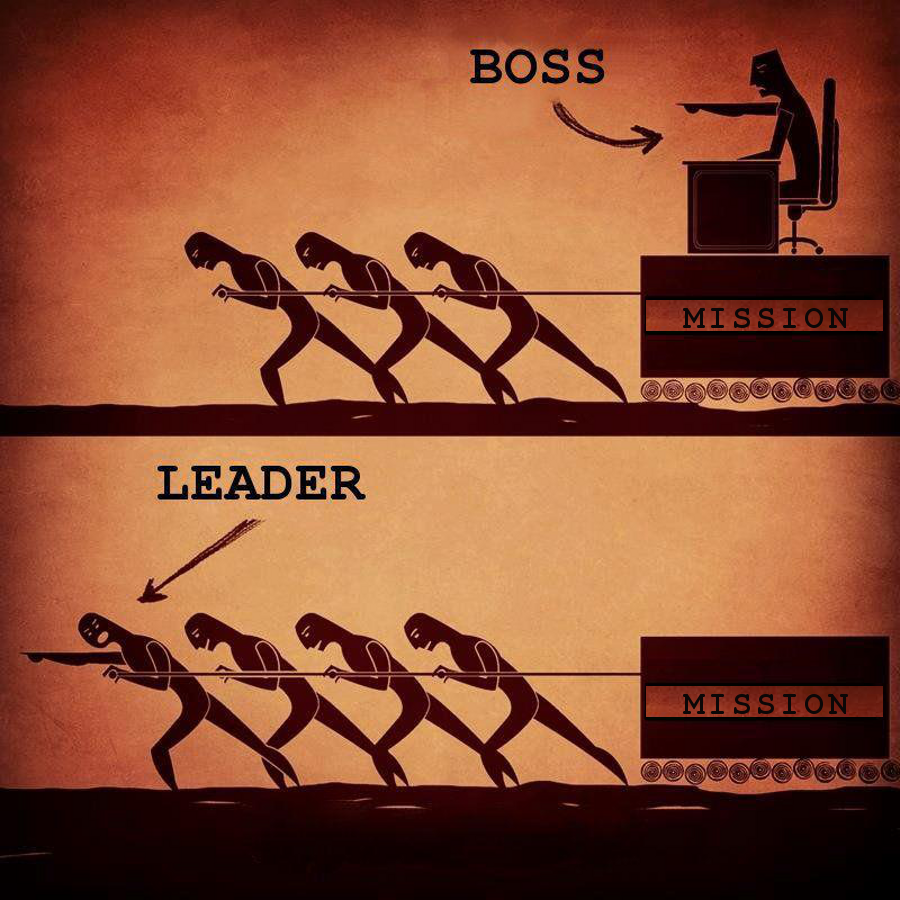Hello Steemians! Hope you are all wonderful. Welcome to yet another article in Effective Leadership series. In the previous article, we saw about developing strengths in general. In this article, we will see in detail on how we can build personal strengths. A self-evaluation is always necessary to understand your strengths and weakness. If you identify strengths, you can work on building them. If you identify weakness, you have to first accept them and then you can work on finding ways to live above them because eliminating all the weakness can be a big challenge for everyone. Effective leadership is also about building personal strengths by identifying them. Building them can be done either by themselves or with the help of mentors. Assessing your potential to be a good leader and evaluating them frequently can help you understand more about your strengths.

Building Personal Strengths
| Strengths | Description | How to develop them |
|---|---|---|
| Drive and Energy | The ability to put maximum mental and physical effort behind reaching objectives and to keep going until the goals are achieved. | |
| Self-Confidence | A belief in your abilities to carry out self-appointed and other tasks to your satisfaction and that of colleagues. | |
| Money Management | Knowing how to read balance sheets, draw up budgets and management accounts, and track paths to higher profits. | |
| Managing People | Understanding how to get the best from your subordinates or staff members by encouraging them to use their skills and to help them take initiatives to achieve better results. | |
| Goal-Setting | Knowing how to set targets that are high enough to stimulate exceptional effort, but are still within achievement range. | |
| Self-Determination | The belief that your destiny and that of the business are in your hands, not subject to others or outside forces. | |
| Self-Evaluation | The ability to recognize and learn from mistakes and failures, while also analyzing the lessons of success. | |
| Competitiveness | The will to win, and to take defeat as a challenge, not a disaster, coupled with the pursuit of high personal standards. |
Advantage of building personal strengths
A leader is a person who is going to be an example for the team members. In order to be a role model for the subordinates and other colleagues, it is important that a leader should have personal strengths and uniqueness in the tasks that they do. With personal strengths and experiences, a leader will be able to mentor other team members. The best strength that you have is something that comes easily for you without any additional effort. The advantage of having such personal strengths is to be confident and not so dependent on your employer. Even if your employer is changing, you will be able to survive in the industry in a different role with all your strengths.
Share your views on the managerial skills and leadership skills in the comments section. Meet you again in another article in this series.
My previous articles in this series:
Effective Leadership #2 - Focusing on Quality
Effective Leadership #3 - Learning From Others
Effective Leadership #4 - Gaining Experience
Effective Leadership #5 - Comparing Leaders and Managers
Effective Leadership #6 - Developing Strengths in General
Stay tuned for future articles on effective leadership.

to get community support and guidance

